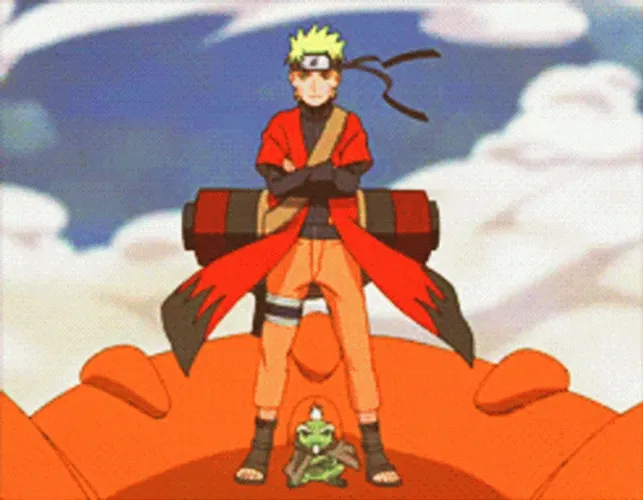In Michael Klein’s article What Is It We Do When We Write Articles Like This One – and How Can We Get Students to Join Us?, I agreed specifically to his sadness expressed with how much students just copy. Not copy other’s work and claim it their own, but more think of researching as copying, and copying as researching.

Source: PopKey
He presents this idea of “hunting and gathering,” which, in his quite scholarly way, he describes as “a complex, recursive process that includes both research, or data-gathering, and reading form start to finish” (24). Furthermore, he continues to state that the other scholars he worked with agreed with him that “hunters and gathers, whether collecting data, reading, or actually writing…” present a “clear purpose” that “at times helped guide [their] work strategically” (25).
So, past all the fancey-shmancy words, he and others agree instead of copying and partially reading little passages we think sum up the journals and papers we should have really been reading… we should strive to collect, rhetorically sift, seek patterns, and translate (much like I am doing now: scholarly words –> words we actually understand until we learn the scholarly words) in order to get the most out of reading the WHOLE piece.
I am totally guilty for being a copier – I mean even in the archives I was sweating and worried about copying down the information I had found onto my computer! But, I believe I do it a but more mindfully than the other mindless imbeciles, otherwise called fellow classmates (haha.. totally joking you guys… kind of). While I copy, I still read the words. And if anything, I actually spend more time on word choice and thus smaller-scale rhetorical analysis of my sources. But, we must be careful in what we say- not everyone is like everyone else!
Lastly, I would like to notice one little passage of Klein’s, that I cannot find myself to agree or disagree with. Klein mentions that the students he studied “remembered far more about the research process itself – about procedures, methodology, empirical data-gathering, etc. – than they did about the rhetorical implications of their work” (28).
I’m not exactly sure what to get out of that^. To me, this kind of means that in the bigger picture students care more about the process than their finished product; and to me this kind of relates to the bigger picture of grades – most students care more about the grades than what they actually add to the world with their work.
Why write a paper you care about and with content you are worried about or extremely fascinated about, when you can write an easy a paper that takes a position you know your professor agrees with?
When grades count for college, and apparently where you go for college CHANGES your whole life – I bet 98/100 students would make a safer decision than risk THEIR ENTIRE LIFE, on, what I have just jumped to, one paper.
Honestly that tangent was a bit ridiculous, but it’s how I think. One C test and I get so down on myself I physically cry. I got a C once on a math exam in high school, and, 3 years later, I can still see the mascara mark on this one pillow from crying about it.

Source: Giphy
And with that, I wish you happy Wednesday night… only two days until the weekend!
